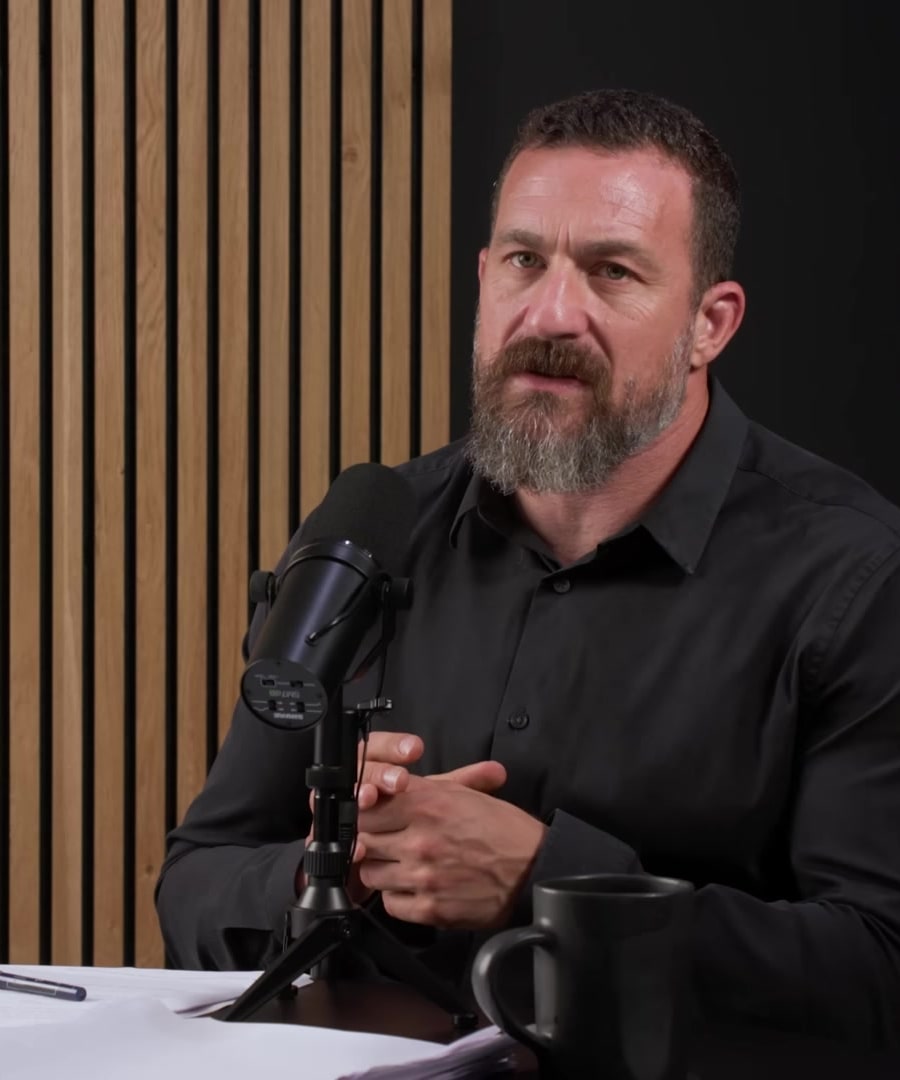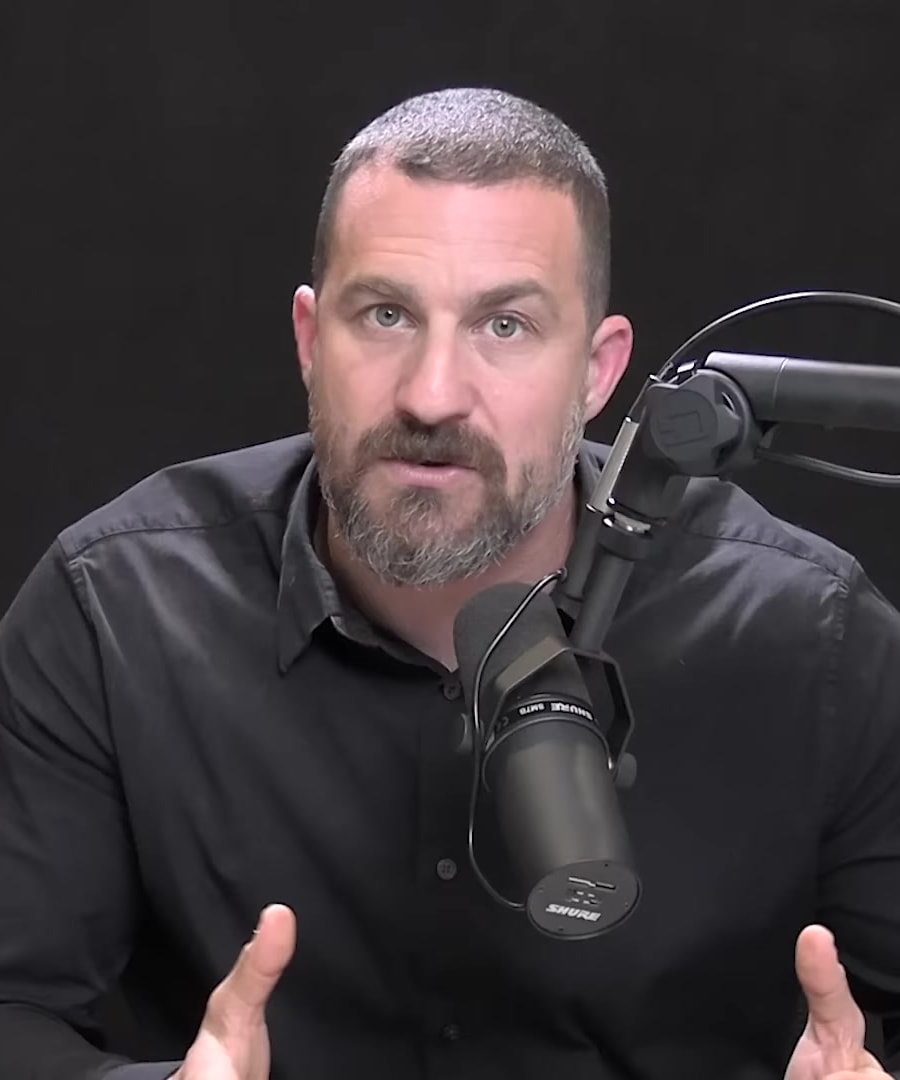Risks of non-clinical drug use?
Sources:
The risks of non-clinical drug use vary depending on the type of drug and the manner of usage, but they are significant and multifaceted. Here's a summary based on Dr. Huberman's discussions:
-
Psychedelics: Although research into psychedelics like psilocybin and ibogaine shows potential for therapeutic applications, non-clinical use poses risks. Ibogaine, for example, has been noted to carry cardiac risks and is not approved for use outside specific research settings. Psychedelics can sometimes lead to prolonged psychiatric issues or bad trips, which can be traumatic without proper supervision and setting 1 2.
-
Stimulants (ADHD medications): Drugs like Adderall and Ritalin are intended for conditions like ADHD. However, when used without prescription, they can lead to a blockade of neuroplasticity and increase dopamine to unhealthy levels. This not only diminishes the brain’s ability to learn new skills and adapt but can also lead to dependency 3.
-
General Prescription Medication Misuse: Using prescription medications without a medical directive is illegal and dangerous. The risks include increased dependency, potential severe side effects, and the undermining of the body’s natural processes. Instead of turning to these drugs, improving focus and managing health through behavioral modifications and appropriate nutrition should be prioritized 4.
It's important to handle these substances with caution and under appropriate medical guidance to mitigate these risks.
RELATED QUESTIONS-



